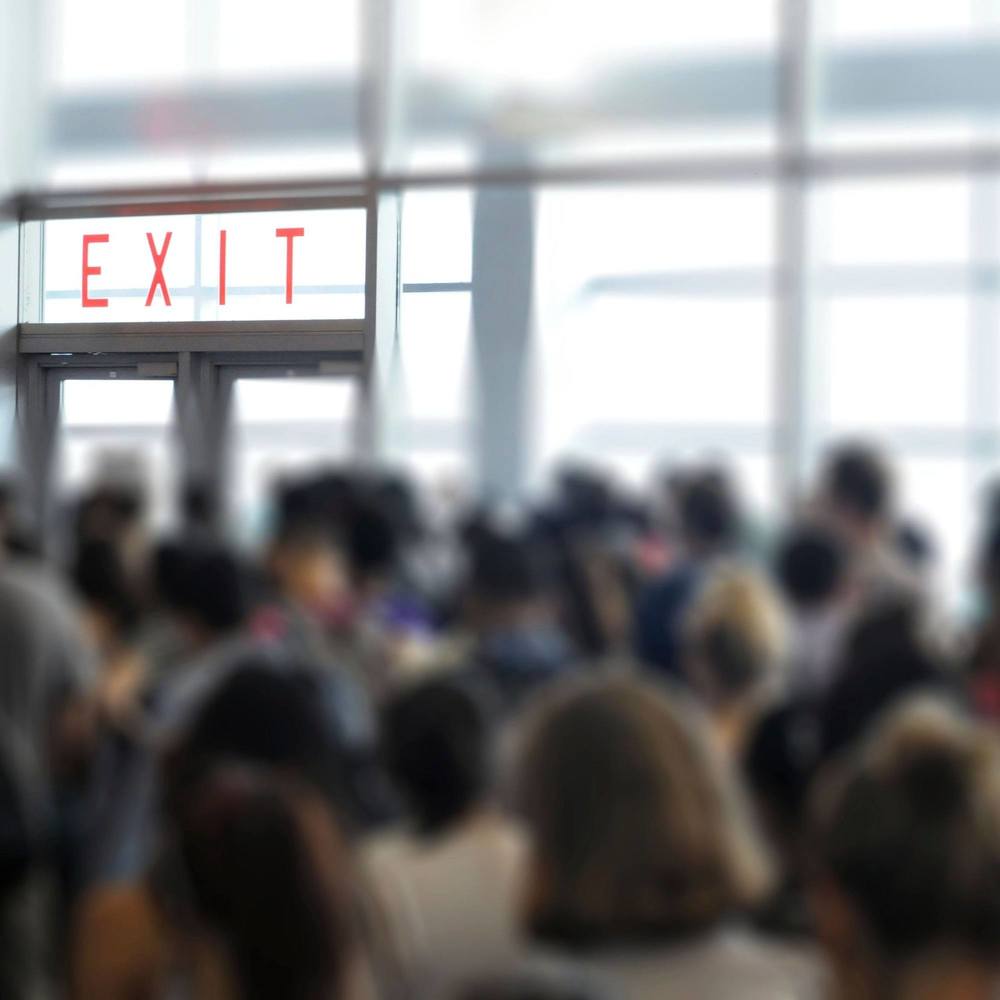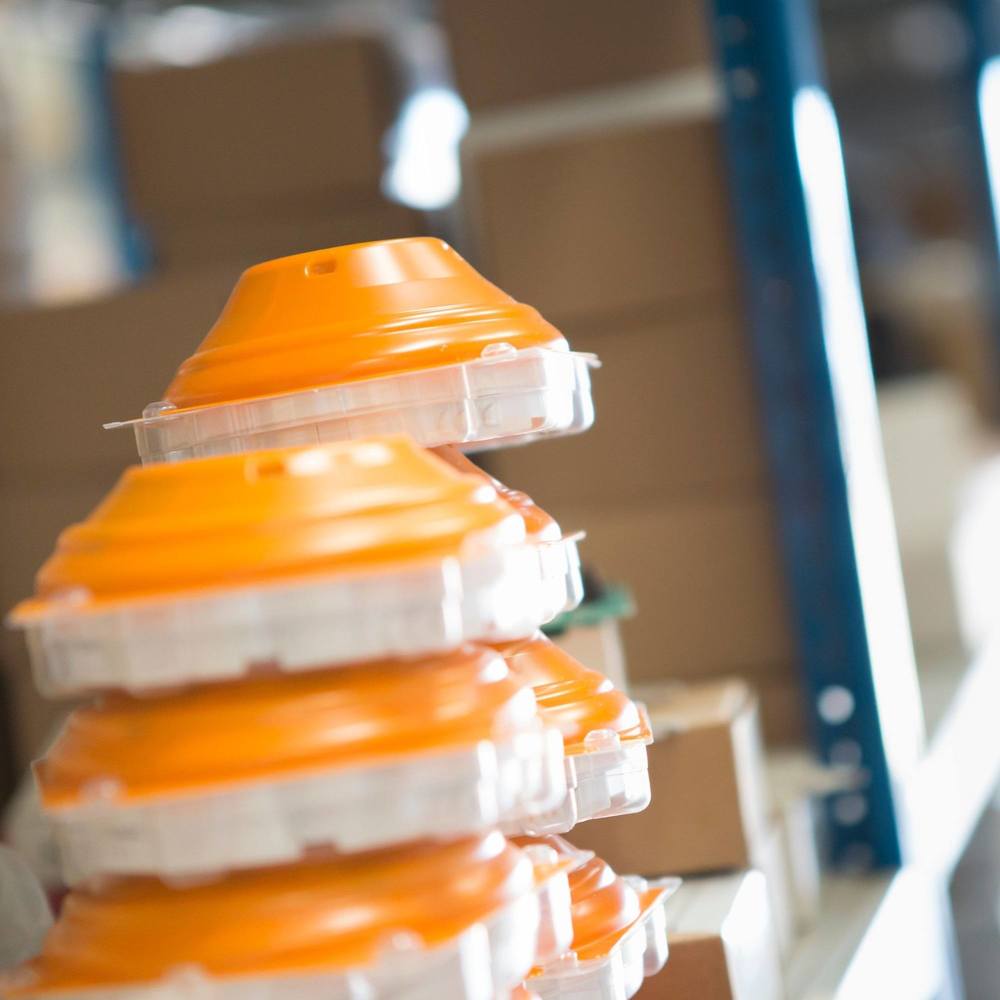This month we invited Willis Employment Services Limited, part of Willis Insurance and Risk Management, to write a Guest Blog for us on the subject of Fire Safety Programmes.
Leanne Cahill of Willis, outlines the importance from a risk management perspective, of having an adequate Fire Safety Programme within a business.
Q: Leanne, what are the implications of a business not having an adequate Fire Safety programme?
If you are an employer or own premises, it’s important that you are proactive in ensuring that proper fire safety precautions are in place. Without a sufficient fire safety programme, you are exposing your organisation to huge losses and legal actions.
Q: How can a business owner create an effective Fire Safety Programme?
There are two key measures you can take to establish an effective fire safety programme: (1) ensure you have the necessary equipment for putting out fires and, (2) establishing a fire prevention programme.
- Portable fire extinguishers allow suitably trained people to tackle a fire in its early stages. When deciding on the types of extinguishers to provide, consider the materials you use and store in your workplace. Fire extinguishers should be kept in obvious positions on escape routes and close to high-risk activities such as welding. Fire blankets should be kept near the fire hazard they will be used on. Store blankets in a position which is easy and safe to get to if there is a fire.
- It is also critical to have a fire prevention programme in place. To establish a plan, consider the following three steps:
Step 1: Evaluate the Building
First, examine the structure of your premises.
- Your plan will depend on whether the building has a sprinkler system. If it does not, your evacuation will need to be faster and more efficient, so your plan should take that into consideration.
- Evaluate the heating, ventilation and air conditioning system (HVAC) to determine if the vent system will disperse smoke. Additionally, determine if the HVAC has an automatic shut-off in place for the air handlers should the fire alarm sound.
- Inspect the lift to determine if it has fire-resistant gaskets, if pressurisation has been used to prevent smoke from entering the lift shaft and if the vertical utility shafts have adequate sealing.
- Evaluate whether the building has enough smoke detectors and determine if it has an automatic fire service notification system in place.
- Determine if the building has smoke barriers that will trap the fire in a certain area until the fire service can put it out.
- Inspect the fire doors. The main categories of fire doors are FD30 and FD60 which offer 30 and 60 minutes fire protection. Also, door latches installed outside of the door prevent the door from opening even under the pressure of fire.
Step 2: Create Evacuation Procedures
You should provide employees with specific instructions if they discover a fire or hear a fire alarm. This information should be clearly posted for staff members and should also be part of your employee handbook. The procedural information should include the following:
- Appropriate actions when discovering a fire
- Explanations for how to activate the alarm
- Guidelines for how to exit the building while assisting vulnerable groups
- Instructions for how to greet fire service staff
Step 3: Staff Training and Drills
For staff members to understand the proper procedures and have the ability to perform them quickly, you must conduct thorough staff training and periodic fire drills.
On a frequent basis, fire wardens should conduct fire drills with staff. While doing so, you can determine how well the employees are prepared in the event of an actual fire. From there, you can conduct additional training in areas that need improving.
How important are these measures from an insurance perspective?
A solid fire prevention plan eliminates your risk of penalties from the government, lowers your risk of negligence legal actions, protects your building and your business, and keeps your employees and visitors safe. With the appropriate technology and procedures in place, your business can be prepared in the event of a fire and avoid a potentially catastrophic situation.
For further information and support on creating a Fire Safety Programme for your business contact Leanne Cahill on 028 9032 9042 or email leannec@willisemploymentservices.co.uk.
For more information on the range of Life Safety systems offered by Diamond, click here.





